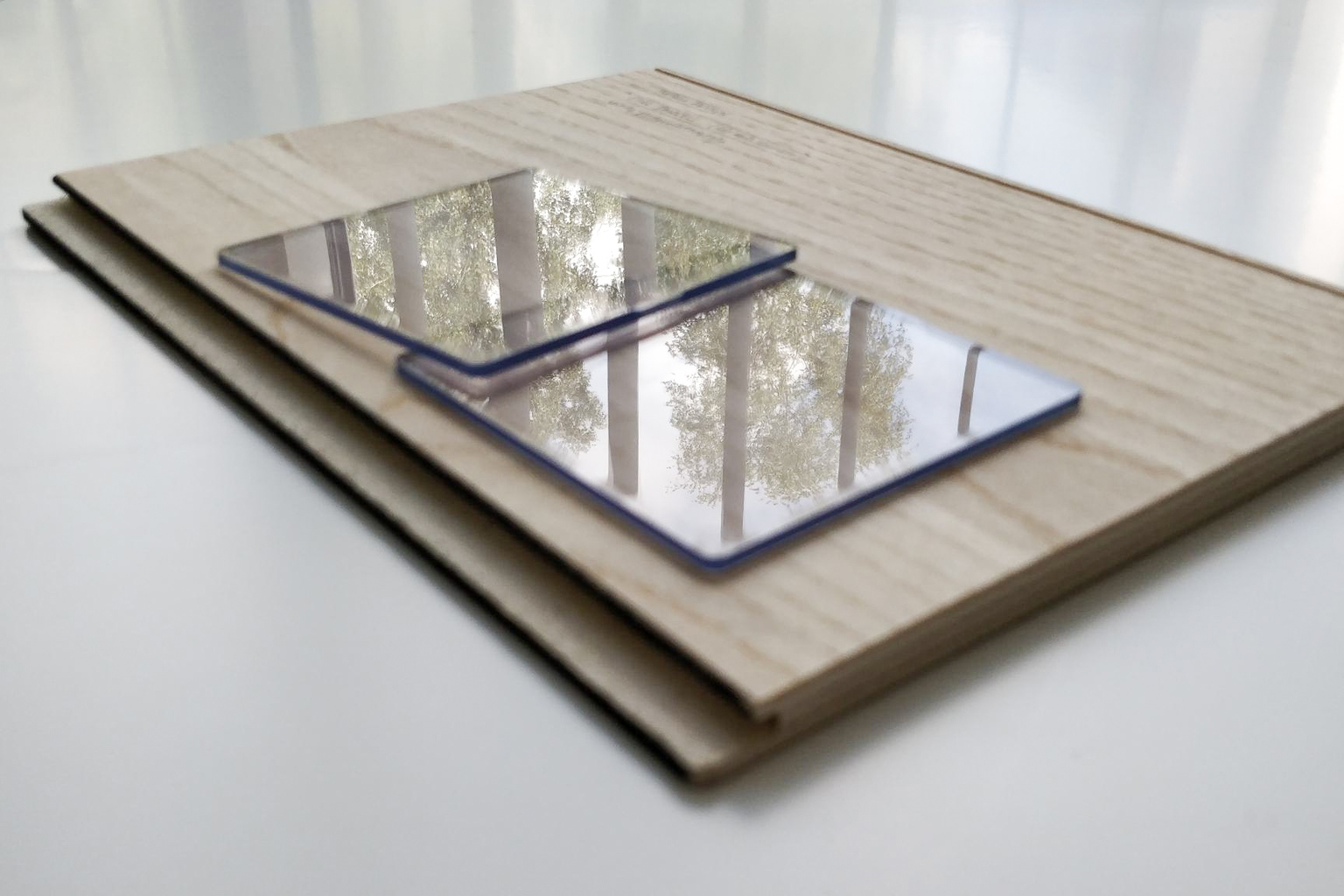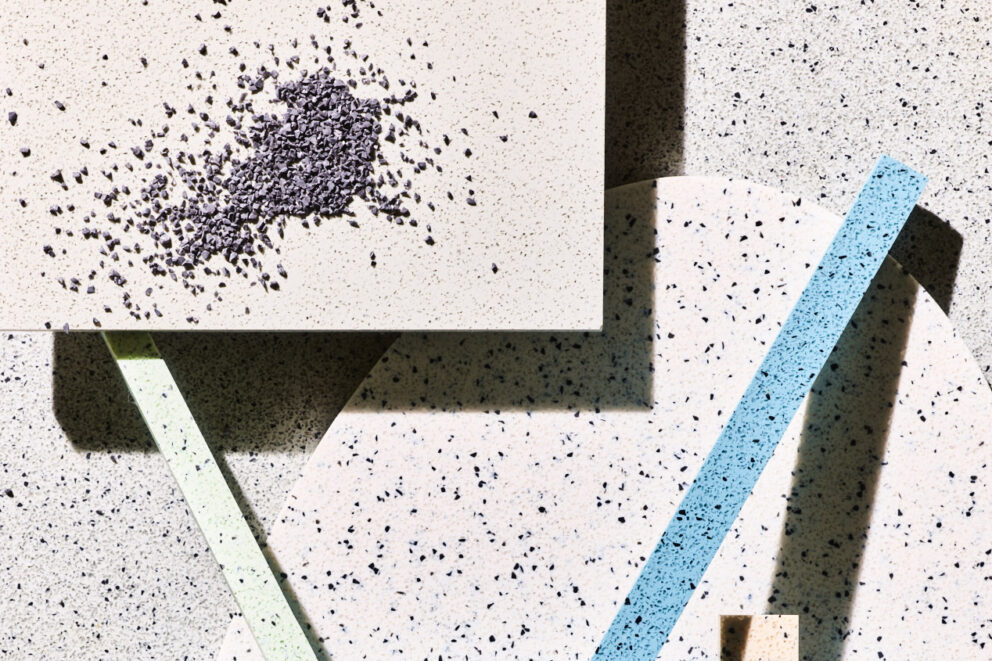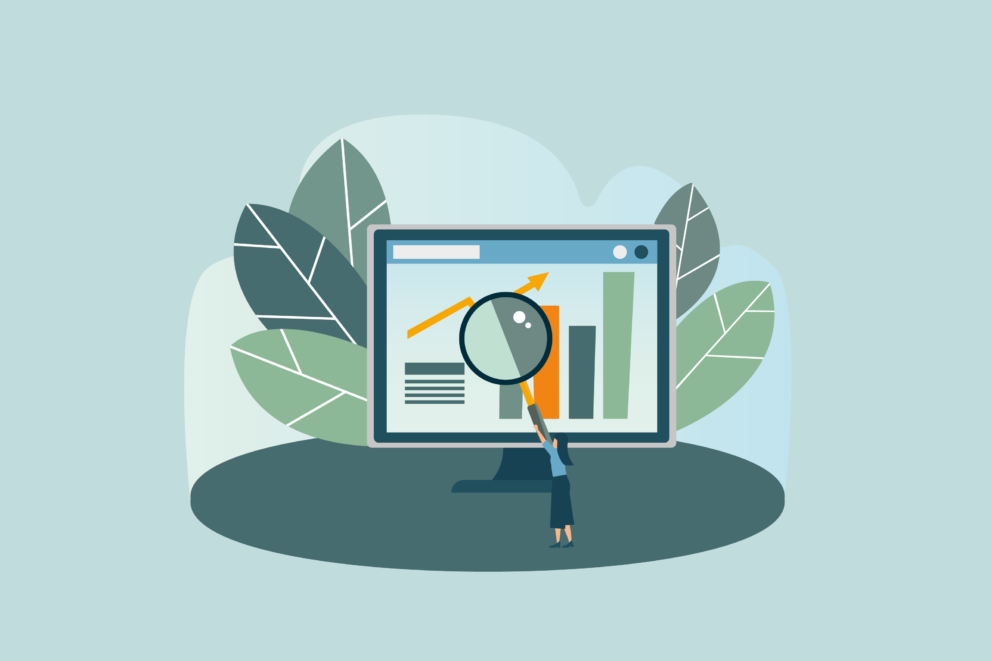Circular design
Circular design is a holistic approach to designing new products, services, and business models, considering all solutions generated by the company, both tangible and intangible.
Circular design is a holistic approach to designing new products, services, and business models, considering all solutions generated by the company, both tangible and intangible.

Design plays a central role in shaping business and customer experiences in alignment with circular economy principles. Nearly 80 % of decisions impacting the environment are made during the product design phase, intertwining design with product development. When considering a product’s lifecycle, the most important solutions, such as the number of parts, use of eco-friendly materials, or facilitating repair, maintenance, and recycling, are all aspects influenced by design choices.
Beyond product and service development, the circular economy can bring out entirely new business prospects, such as lending, repairing, and recycling. It is easy for customers, employees, investors, and other stakeholders to identify themselves with sustainable business, which now becomes a significant criterion.
A successful transition towards a circular business model demands multidisciplinary development of the organization and its culture. In this, design methids serve as invaluable tools: they are rooted in customer-centricity, creativity and experimentation. With the use of design expertise, we ensure that e.g. customers’ viewpoints and future consumer needs are taken into consideration when developing a company’s business.

Through circular design, companies are able to ensure their competitiveness and build a sustainable future that the planet can cope with.

Online course on circular design (in Finnish).

Design Forum Finland commissioned a study to assess the proficiency in circular design in creative industries. It revealed that though there is much interest in sustainable design and the circular economy, the level of expertise is low.